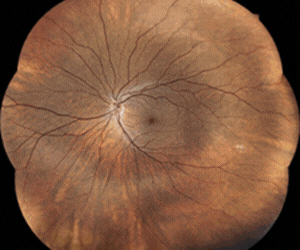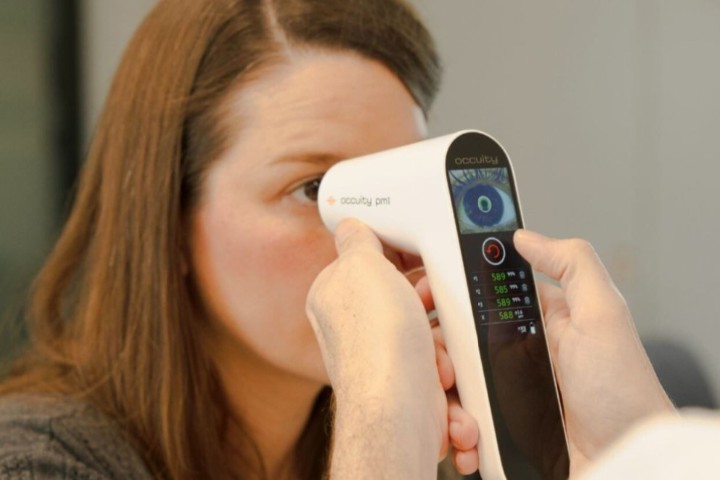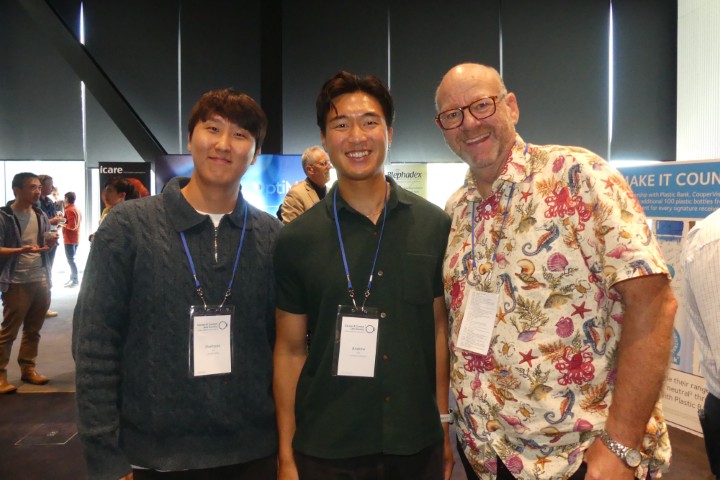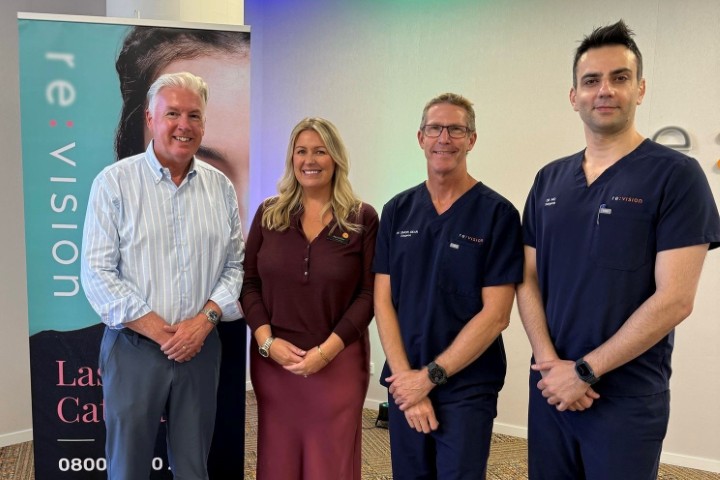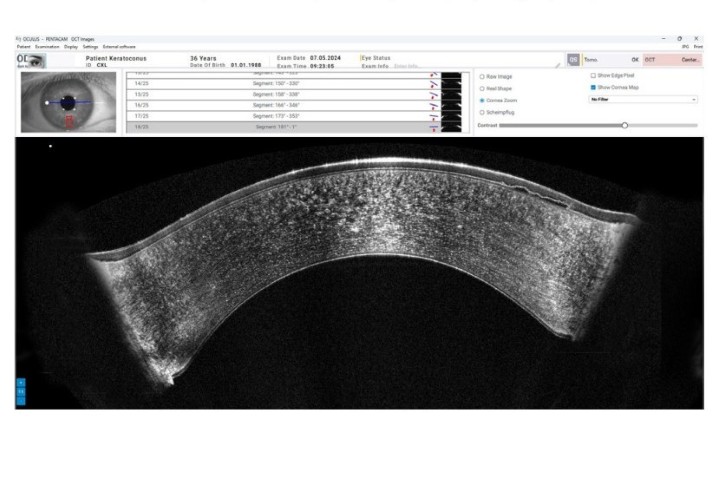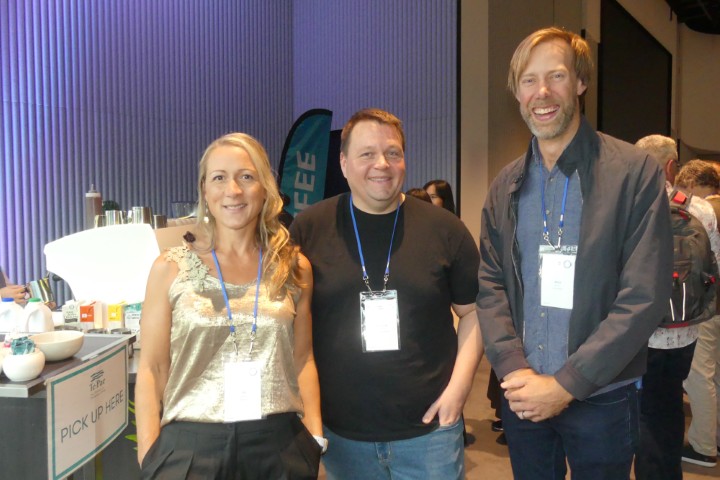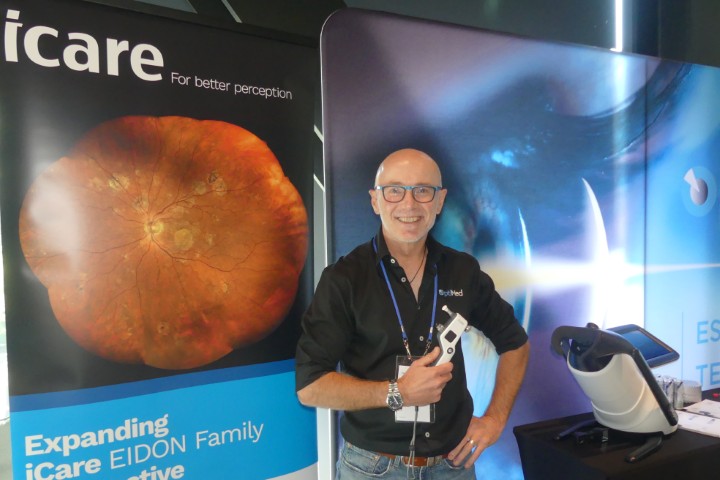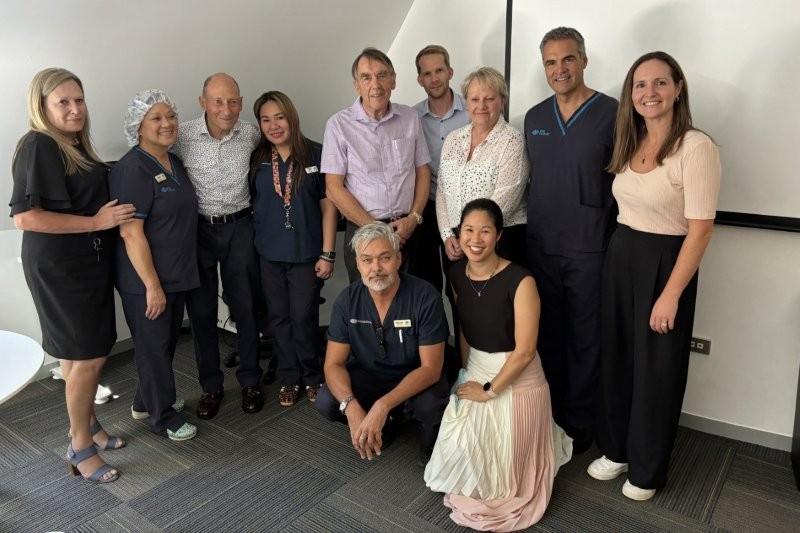Seniors up vitamin intake
New data has revealed nearly three quarters of older Australians now take complementary medicines, including fish oil, vitamin D, glucosamine and calcium supplements every day, and are not always aware of potential side effects.
With complementary medicines widely used in Australia and information about their use by seniors more than a decade old, a team of researchers, including Associate Professor Ingrid Hopper from Monash University School of Public Health and Preventive Medicine in Melbourne, set out to update knowledge in this area. The team gathered data from the Asprin in reducing events in the elderly (ASPREE) longitudinal study of older persons (ALSOP) to assess self‐reported use (every day, occasionally, never) of complementary medicines (fish oil, glucosamine, ginkgo, coenzyme Q10, calcium, zinc, vitamins B, C, D and E, multivitamins, Chinese or herbal) by healthy people over 70 residing in metropolitan or regional Victoria, South Australia, Tasmania, the Australian Capital Territory or southern New South Wales, recruited through their general practitioners.
Analysing the questionnaire responses (88% response rate, mean age 75.2 years; 8,068 (55%) women), a total of 10,961 respondents (74.3%) reported using complementary medicines either daily or occasionally. The most frequently reported items were fish oil (44.5%), vitamin D (33.8%), and glucosamine (26.7%), followed by calcium supplements (24.7%). Complementary medicines were also found to be more popular with women than men (82.3% vs 64.6%) and in people with more than 12 years of education (75.7% vs 73.3%). The proportions of complementary medicine users who reported a history of depression (24.4%) or osteoarthritis (58.4%) were significantly larger than for non‐users (depression 19.6% and osteoarthritis 44.1%).
Commenting on the data, Dr Robyn Lindner from NPS MedicineWise made a public statement urging Australians to choose their complementary medicines wisely to avoid the risk of side effects. “If you’re taking vitamins, minerals, herbal products or anything else that falls under the complementary medicines umbrella, you really need to keep track of these medicines along with any prescription or over-the-counter medicines you take and make sure you include them when you talk to any health professional like your doctor or pharmacist.”
NPS MedicineWise runs Choosing Wisely Australia, which encourages Australians to be more proactive in the management of their own healthcare to save costs and unnecessary treatments.
For more on Choosing Wisely in New Zealand, https://choosingwisely.org.nz/; and in Australia, https://www.choosingwisely.org.au/






